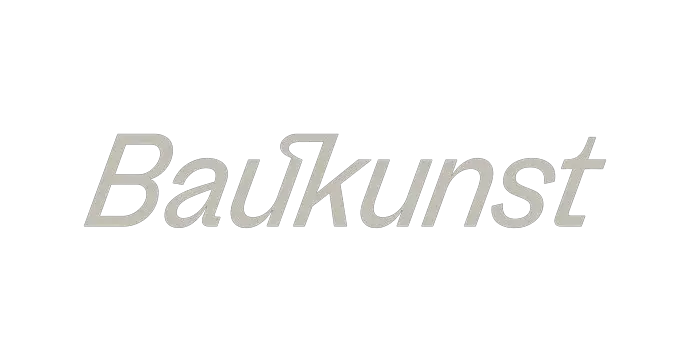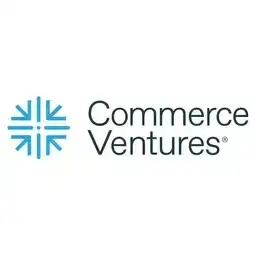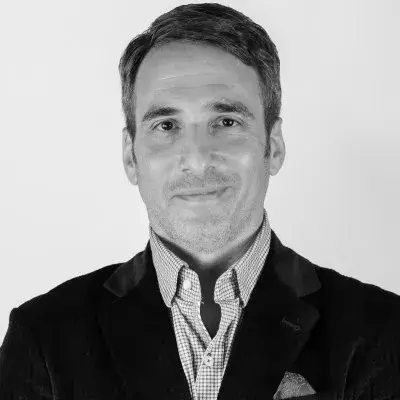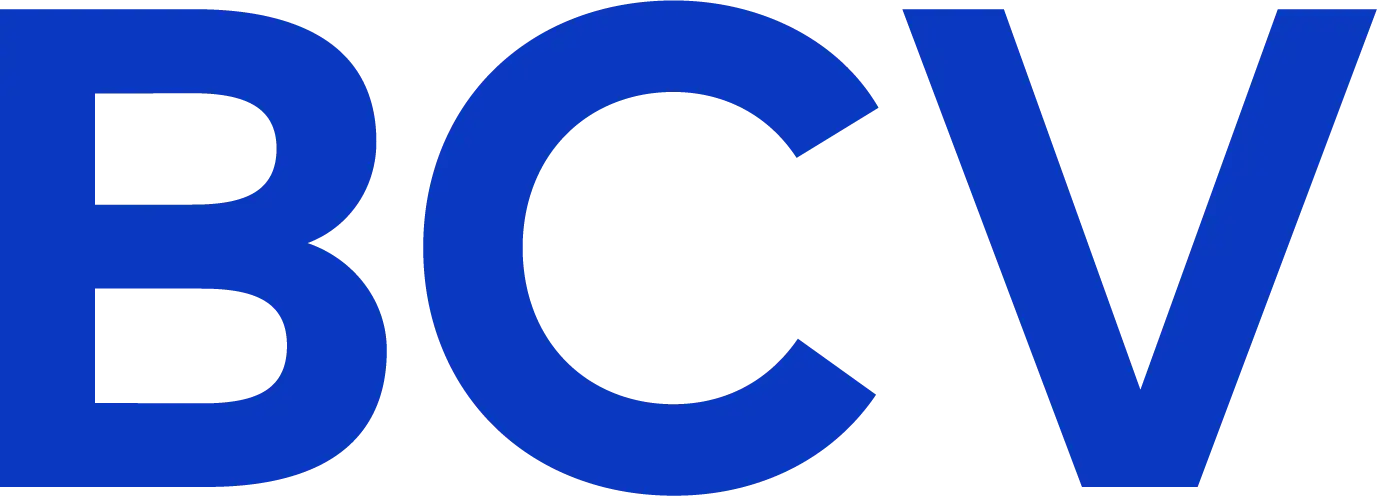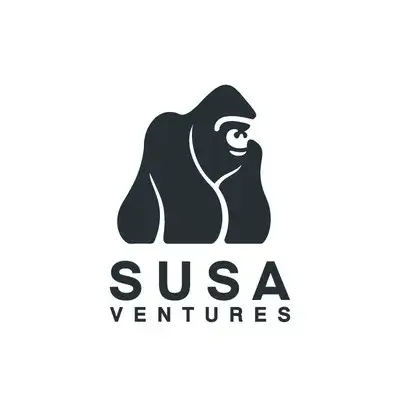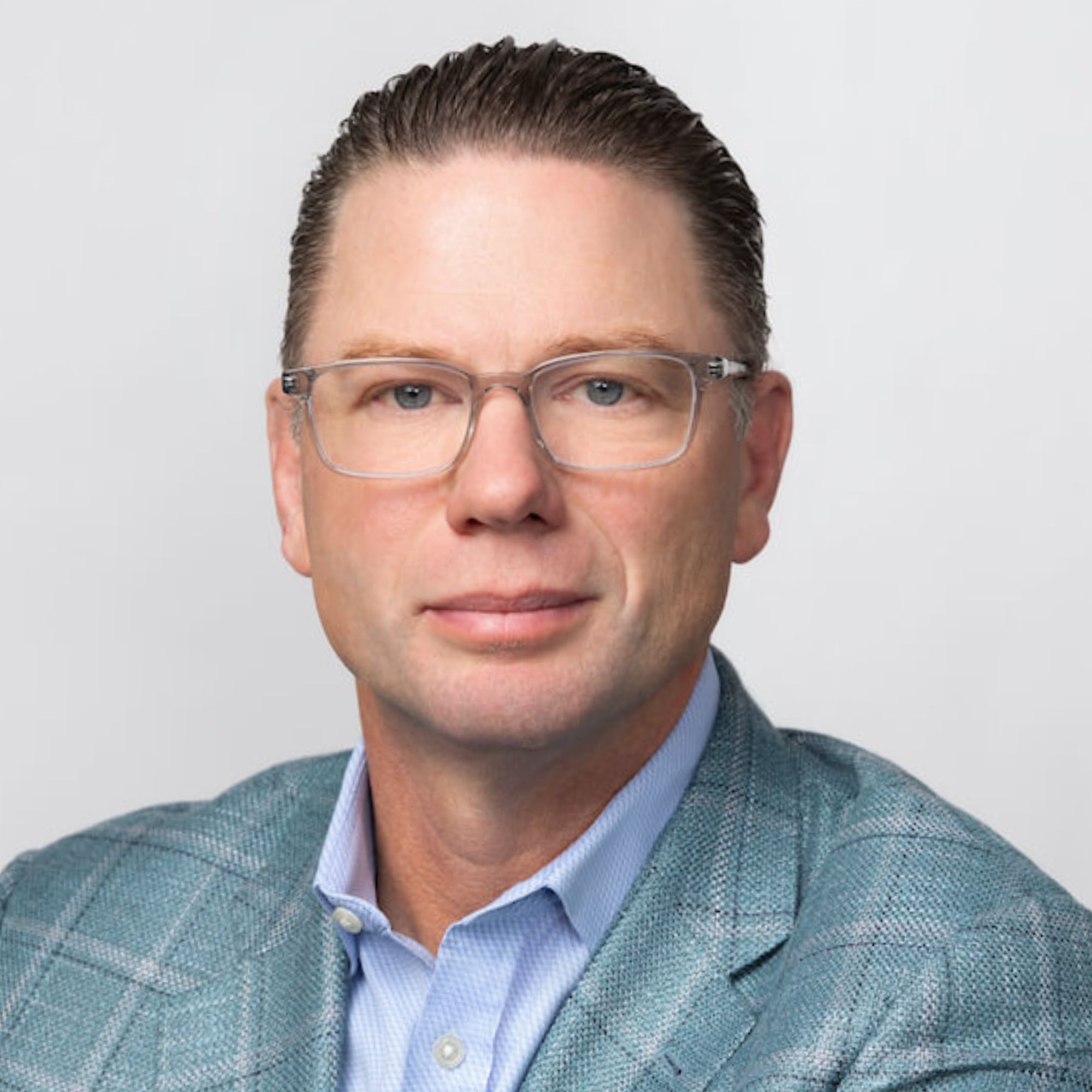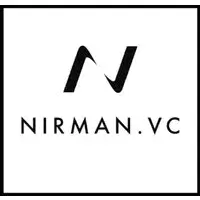Ready to build your own Founder-Led Growth engine? Book a Strategy Call
Frontlines.io | Where B2B Founders Talk GTM.
Strategic Communications Advisory For Visionary Founders
Conversation
Highlights
The Hidden Dangers of Product-Market Fit: A Venture Capitalist’s Guide to Sustainable Growth
Most founders dream of hitting product-market fit and scaling rapidly. But according to one early-stage investor, this common aspiration might actually be a recipe for disaster.
In a recent episode of Category Visionaries, Shomik Ghosh of Boldstart Ventures shared an unconventional perspective on growth that challenges the traditional Silicon Valley playbook. His firm, which specializes in backing enterprise software companies at the earliest stages, has seen firsthand how premature scaling can derail even the most promising startups.
“What happens though sometimes is people find the first ten users and then they say, you know what, this is product Market Fit, we’ve found it, we know everyone loves this,” Shomik explains. This early validation often triggers a cascade of decisions that can prove fatal: “And so now they go out and they hire three sales reps and they hire a VP of sales.”
The problem isn’t just about hiring too quickly. It’s about the dangerous feedback loop that follows. Sales teams, driven by quotas and compensation structures, begin aggressively pushing the product. While this might initially look like success, it often masks a deeper problem: “What you may not be able to know is the product being sold ahead of where it actually is. So once users start using it, they may actually be like, you know what, I was sold a basket of coal or something, right? And they then start to churn.”
This pattern is particularly relevant in today’s market environment, where efficient growth has replaced the “growth at all costs” mentality. As Shomik notes, “The larger your burn, the more you need to generate revenue to make sure that you can satisfy that burn right, and build a profitable business. And so, frankly, the larger your team is, the more you have to grow.”
Instead of rushing to scale, Shomik advocates for a more methodical approach. The key is to look for specific signals of genuine market pull: “Your early customers are all saying, hey, here’s a product that we love your product. Here’s three other product ideas. If you build these, we will pay you more money.” When you hear this consistently across multiple customers and prospects, it indicates authentic demand rather than sales-driven growth.
This perspective challenges the conventional wisdom about category creation and market positioning. While many founders obsess over creating entirely new categories, Shomik suggests that success often comes from solving real problems in existing markets: “Neither is necessarily better. I think we tend to know, oh, this is category creation. But salesforce is a… very large company, a huge company that started off essentially reimagining an existing category created by PeopleSoft.”
The key is starting with a focused solution to a specific problem, then letting customer feedback guide your expansion: “Once you get into an end user’s workflow, then that end user will tell you what they would like your product to do next.” This organic growth approach has led to unexpected opportunities for many of Boldstart’s portfolio companies, including one that discovered a massive payments opportunity hidden within their initial product offering.
For founders navigating today’s market conditions, Shomik offers a counterintuitive piece of advice: “Right now it’s like, frankly, one of the best times to be a Founder.” The current environment forces companies to stay lean longer, allowing founders to focus on what matters most: “The most fun of a job, right, is when you’re in the early days with your tight team working together and just discovering new things and working with your early customers hand in hand to figure out what to build.”
This approach might feel slower initially, but it builds a more sustainable foundation for long-term success. By resisting the urge to scale prematurely and maintaining tight feedback loops with early customers, founders can ensure their growth is driven by genuine product-market fit rather than sales capacity or market hype.
The key takeaway? Don’t let early success trick you into scaling too quickly. Instead, focus on building a sustainable business through careful, intentional growth that’s guided by real customer demand. As Shomik concludes, “That’s the sort of lockstep growth that you want to do and not get ahead of it. Because if you get ahead of it, your burn gets too big, the expectations for how quickly you’re going to grow also get bigger because you need to satisfy that burn and then you get into this cycle.”


